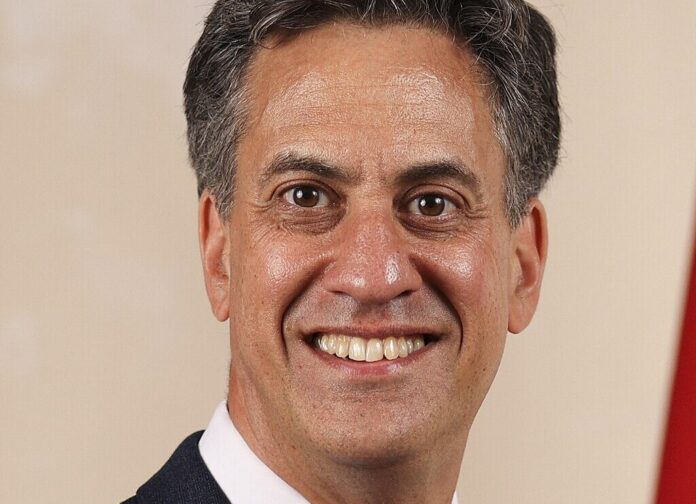UK to reject £25bn Xlinks deal importing Moroccan energy, favouring domestic sources instead
The UK government has rejected a landmark £25bn energy partnership with Morocco that would have supplied up to 8% of Britain’s electricity needs through solar and wind power, citing a new emphasis on prioritising “homegrown” energy sources.
Ed Miliband, the Secretary of State for Energy Security and Net Zero, has decided not to progress to formal negotiations with Xlinks, the privately owned company behind the ambitious proposal. A ministerial statement confirming the decision is expected later today, Sky News has learned.
Xlinks, chaired by former Tesco CEO Sir Dave Lewis, had been in talks with the Department for Energy Security and Net Zero (DESNZ) over a 25-year contract for difference (CfD). The agreement would have guaranteed a fixed price for the clean energy imported via a 3,800km subsea cable stretching from Morocco to Devon.
The decision comes after months of dialogue, during which Xlinks claimed it could deliver electricity at nearly half the cost of new nuclear generation, making it one of the cheapest low-carbon options under consideration. The government’s apparent U-turn has surprised many within the energy sector.
A Whitehall insider explained the rejection was influenced by a strategic shift to “focus on domestic energy infrastructure and reduce dependency on overseas sources.” However, industry insiders argue the move contradicts both the government’s climate ambitions and economic rationale.
“The UK has an urgent need for clean, affordable, and secure energy,” said one executive familiar with the discussions. “Xlinks offered a serious solution at scale and competitive cost. Walking away is a baffling choice.”
The Xlinks project promised to harness Morocco’s abundant sunlight and wind, transmitting the power via high-voltage direct current cables under the sea. Backed by a consortium including Octopus Energy and Sir Ian Davis, former chair of Rolls-Royce, the project had gained serious traction in both investment and policy circles.
Embed from Getty ImagesIt also boasted the potential to generate more consistent renewable output than UK-based sources alone, given the geographical diversity of Morocco’s climate. Unlike UK solar, Moroccan solar could continue generating significant power during British winters, addressing one of the core challenges of seasonal intermittency in renewables.
Proponents believed the deal aligned perfectly with net-zero targets, offering affordable energy while reducing carbon emissions and diversifying the UK’s energy mix.
The rejection has sparked broader questions over the Labour government’s energy priorities just weeks into office. While Miliband has repeatedly spoken of “accelerating the green transition,” critics now accuse him of undermining that pledge by ruling out a major clean energy supply route.
“This move looks more political than strategic,” said one industry source. “It plays well to the idea of ‘British jobs for British workers’, but it ignores the reality that our net-zero targets require flexible and diverse generation.”
Supporters of the Xlinks project had also highlighted its capacity to create hundreds of jobs in the UK, particularly in the installation and maintenance of the undersea cable and converter stations. It is unclear whether the company will seek to adapt the proposal or court alternative markets for the project’s output.
Xlinks had yet to publicly respond to the reported rejection at the time of publication, but sources close to the company expressed “disappointment” at the decision.
The government’s emphasis on homegrown energy is expected to be expanded in the forthcoming energy strategy update, which will reportedly prioritise offshore wind, small modular nuclear reactors, and a nationwide push for energy efficiency upgrades.
But critics argue the decision undermines Britain’s international reputation as a leader in climate finance and global green innovation.
